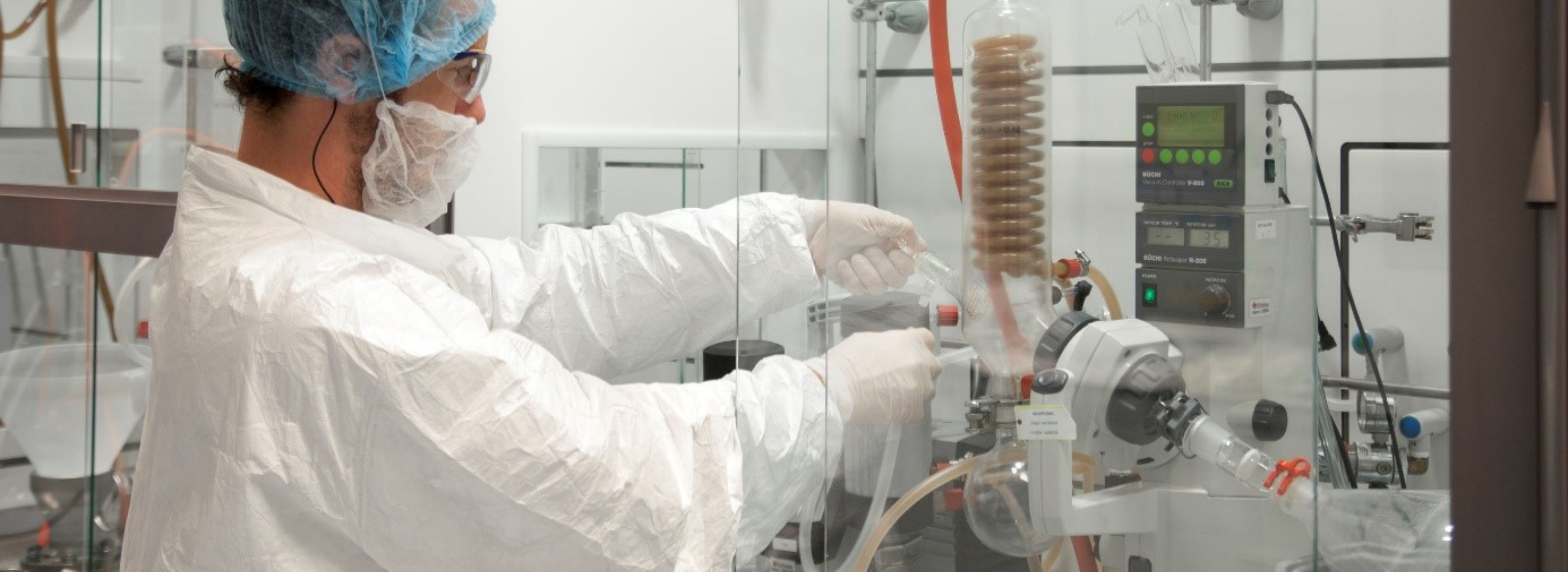
Best Vitamin D company for food and pharmaceutical uses
As a company that makes Vitamin D (-analogues), we believe in the power of these compounds to help food and pharmaceutical industries. We hope this article will help you better understand the needs and benefits of providing Vitamin D analogues for these specific uses.
What Are Vitamin D Analogues?
Vitamin D analogues refer to modified forms of vitamin D that can be formed in the body. There are also synthetic vitamin D analogues that are designed to mimic the biological activity of natural vitamin D in the human body. The analogues are used across industries, including for medicine and food purposes, where they are used to trigger vitamin D's functions, especially in populations at risk of deficiency, and diseases like secondary hyperparathyroidism.
Your Vitamin D (-analogues) for food use
Importance of Vitamin D in Food Products
Bone Health
Vitamin D enables the absorption of calcium, which is important in keeping bones strong and preventing conditions like osteoporosis.
Immune System Support
Proper levels of vitamin D are also linked to more robust immune responses, which may reduce infection risks.
Prevention of Deficiency
Due to altering lifestyles and minimal exposure to sunlight, food fortification with vitamin D analogues presents a good preventative measure for avoiding deficiency.
Main Types of Vitamin D (-Analogues) Used in Food
Calcifediol (25-hydroxy-Cholecalciferol)
Recently approved as ingredient for food supplements.
Ergocalciferol (vitamin D2) and Cholecalciferol (vitamin D3)
Commonly utilized in breakfast cereals, dairy substitutes, and processed foods.
Benefits for Food and Supplement Manufacturers
Meeting Nutrition Trends
Catering to consumer demand for functional foods and health.
Market Differentiation
Providing supplements and fortified products with specific health claims. Calcifediol is 3x faster & more effective than cholecalciferol and ergocalciferol.
Public Health Impact
Assisting in national efforts to minimize deficiency-related disease.

Are you in need of a Vitamin D ingredient (APIs)?
Vitamin D Analogues for Pharmaceutical Use
Main Types of Vitamin D Analogues Used in Pharmaceutical
The table below shows samples of pharmaceutical uses for Vitamin D analogues.
| Analogue | Primary Indication | Key Features |
|---|---|---|
| Calcifediol | Secondary hyperparathyroidism | Direct precursor of active form Natural to the body. |
| Alfacalcidol | CKD-related hypocalcemia, osteoporosis, rickets | Does not require kidney activation |
| Paricalcitol | Secondary hyperparathyroidism in CKD | Lowers PTH, less hypercalcemic risk |
| Calcitriol | Hypocalcemia, osteoporosis, rickets, Psoriasis | The natural active form, used with caution |
How Do They Work?
Vitamin D analogues act by binding to the vitamin D receptor (VDR), which is a nuclear receptor found in numerous tissues.
- Bone and Calcium Metabolism: Maintain calcium/phosphate balance and bone health.
- Immunomodulation: Inhibit immune-mediated dermatological disorders, minimize inflammation.
- Anti-proliferative Effects: Suppress abnormal cell growth (e.g., in psoriasis), possible anti-cancer uses.
Approved and Investigational Clinical Uses
Psoriasis
Topical analogues (calcitriol, calcipotriol, tacalcitol) are first-line for plaque-type psoriasis because they normalize the turnover of skin cells.
Chronic Kidney Disease (CKD)
Calcifediol, alfacalcidol, paricalcitol, and doxercalciferol are commonly utilized to treat secondary hyperparathyroidism and mineral-bone disorder in patients with CKD.
Bone Disorders
Analogs such as Calcitriol are established for osteoporosis, preventing fractures and rising bone density.
Future and Investigational Uses
A few analogues are in trials for application in cancer, autoimmune disorders, and other long-term conditions, with the goal to utilize their anti-proliferative and cell differentiation advantages.
Our company, CARBOGEN AMCIS, is a Vitamin D (-analogues) manufacturer and supplier. We believe in the impact of Vitamin D compounds (APIs) for pharmaceutical and food companies. Vitamin D analogues are becoming more vital in the food industry as 75% of the worldwide population is vitamin D deficient. Calcifediol can close nutritional gaps and promoting general well-being. Their controlled application in food items leads to healthier bones, enhanced immunity, and a decrease in vitamin D deficiency globally.
Vitamin D analogues such as Alfacalcidol, Calcifediol, Calcitriol, and Paricalcitol are a foundation of contemporary pharmaceutical therapy for diseases such as psoriasis, chronic kidney disease, and osteoporosis. Their capacity to provide focused, effective action with fewer side effects has revolutionized disease management plans for these illnesses and continues to inspire advancement in medical therapeutics.
